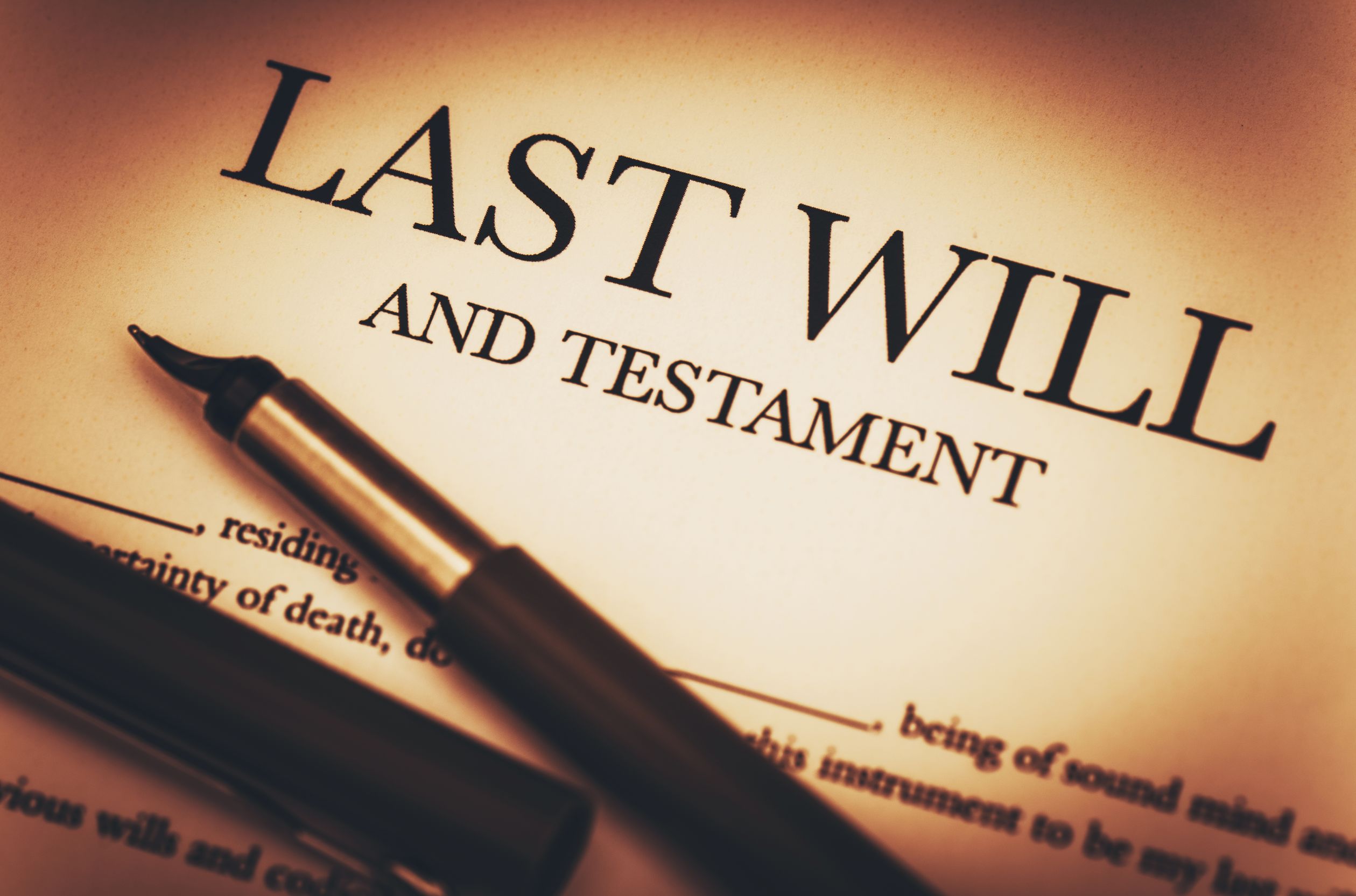A life estate governs the length of time both owners have rights to the estate and what they may do with it in that time. The “life tenant” is the person who holds the estate throughout their entire lifetime. The co-owner, or “remainderman,” can take complete ownership of the estate after the life tenant’s death.
The life tenant is fully responsible for the estate during their life, able to improve it as they see fit. However, they can’t sell the estate, and they can’t encumber it by using it as collateral for a loan or mortgage. Upon the life tenant’s death, the estate automatically passes to the remainderman through complete ownership, and the remainderman may do what they wish with it.
Benefits of Life Estates
Because the estate automatically passes to the remainderman after the life tenant dies, there’s no need for probate. Life estates ensure the future of the estate while allowing the life tenant complete ownership and a home for their entire life. In the event that the life tenant attempts to restrict use or ownership after death through a will or living trust, the life estate takes precedence and overrules them. Life estate trusts are also much easier and less expensive to set up than living trusts.
Life estate deeds can prevent the life tenant from borrowing against the estate or selling it, but the alternative form of an enhanced life estate deed allows the life tenant to both borrow against or sell the life estate. This gives the life tenant more freedom in the agreement.
Disadvantages of Life Estates
It’s important to create a life estate deed with absolute surety, as the deed can’t be revoked or amended without the remainderman’s consent in the future. Other possible disadvantages include:
- Being limited in the type of financing you can get on the property.
- Requiring the permission of the remainderman, and in most states their spouse, before selling the property or using it as collateral.
- Having few protections for the life tenant if the remainderman files for bankruptcy or goes through a divorce.
- Not protecting the property from foreclosure.
In addition, it’s important to understand that your remainderman’s heirs will become the remaindermen if the remainderman predeceases you. Under a life estate deed, the remainderman’s creditors may open lien against the property but not force you to give up your life tenant rights.
For more information about life estates, contact Dan Burke, San Antonio’s most trusted real estate lawyer.




